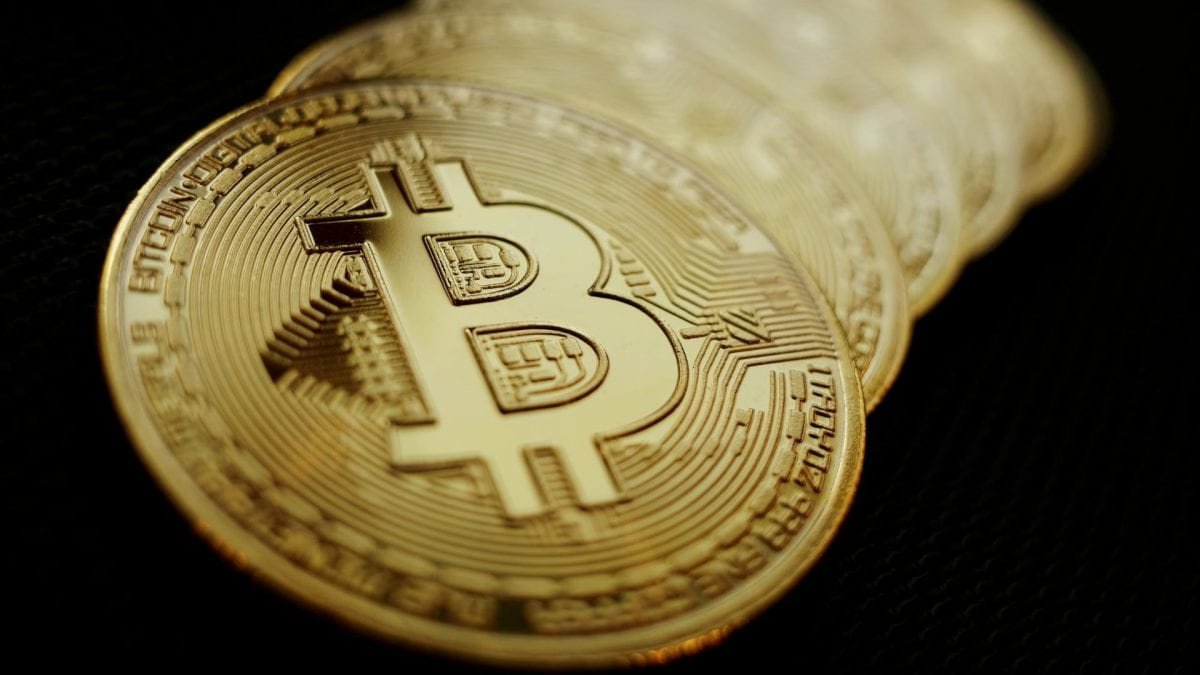Pakistan’s government is looking to convert the nation’s underused power generation assets into revenue-producing ventures by supporting energy-intensive operations such as AI data centres and Bitcoin mining
read more
Pakistan will allocate 2,000 megawatts (MW) of electricity in the first phase of a national initiative aimed at powering Bitcoin mining and artificial intelligence (AI) data centres, the Finance Ministry announced Sunday (May 25).
The move follows a recent government decision to legalize cryptocurrency, aiming to attract international investments. In March, Islamabad established the Pakistan Crypto Council (PCC) under the Ministry of Finance to regulate blockchain technology and digital assets.
Bilal Bin Saqib, an entrepreneur, was appointed chief adviser to the finance minister on the council.
According to a ministry statement, the initiative seeks to use Pakistan’s surplus electricity generation capacity to create high-tech jobs, attract foreign direct investment, and generate additional government revenues.
Finance Minister Muhammad Aurangzeb described the allocation as an essential step in Pakistan’s ongoing digital transformation. He said it aims to leverage excess energy to drive innovation and international investment.
“Pakistan is uniquely positioned geographically and economically to serve as a global hub for data centres,” the ministry stated, highlighting Pakistan’s potential to connect Asia, Europe, and the Middle East.
Since the PCC was formed, several global Bitcoin miners and data infrastructure firms have expressed interest, with many visiting Pakistan for exploratory discussions. The ministry expects increased international interest following the latest announcement.
The government intends to convert the nation’s underused power generation assets into revenue-producing ventures by supporting energy-intensive operations such as AI data centres and Bitcoin mining.
Bilal Bin Saqib emphasized that proper regulation and transparency could position Pakistan as a significant global player in cryptocurrency and AI technologies. He noted that the initiative could help generate foreign exchange earnings by attracting Bitcoin mining operations and potentially allowing the government to directly accumulate Bitcoin reserves.
According to the ministry, Pakistan offers competitive advantages over regional competitors like India and Singapore due to stable and affordable energy costs. Additionally, global demand for AI data centres exceeds available supply, offering opportunities for countries with surplus energy capacity.
Pakistan’s digital connectivity received a recent boost with the landing of the Africa-2 Cable Project, a 45,000-kilometer submarine internet cable connecting 33 countries, significantly enhancing the nation’s internet infrastructure.
With over 40 million cryptocurrency users, the establishment of local AI data centres would address issues of data sovereignty, enhance cybersecurity, and improve digital service delivery, according to the ministry.
The initiative is expected to create thousands of direct and indirect jobs in fields such as engineering, IT, and data sciences.
This first phase is part of a broader multi-stage rollout plan. Future plans include renewable energy-powered facilities utilizing Pakistan’s wind, solar, and hydropower resources, strategic partnerships with international blockchain and AI firms, and the establishment of fintech and innovation hubs.
Proposed incentives for infrastructure developers include tax holidays, customs duty exemptions, and reduced taxes, the statement added.
“Pakistan’s combination of surplus power, strategic geographic location, advanced connectivity, renewable energy resources, and digitally engaged population positions it well to become a regional centre for Web3, AI, and digital innovation,” the ministry said.









